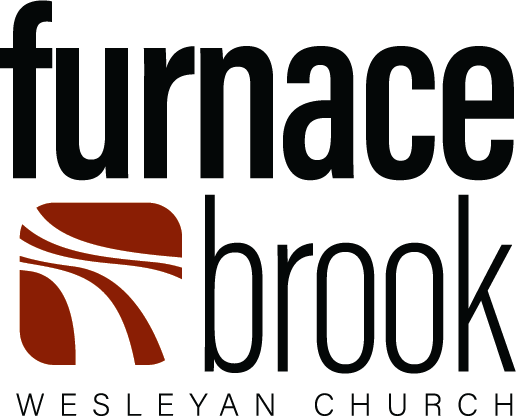|
This coming Sunday I'll be preaching on Thomas and his doubts about the resurrection. There are lots of ironies built into this account. Jesus might have used any number of things to prove to Thomas that he was Jesus. He could have shared information with Thomas that only Jesus could possibly have known. Or he could have performed a miracle.
But, instead, Jesus appeals to the evidence of his death for proof that he was alive. Jesus expresses a preference for belief that does not require evidence, but does not begrudge his disciple the evidence he needs. But the most valuable part of the passage (John 20:24-31) is when Jesus, having provided Thomas with some evidence of his identity, tells Thomas to "Stop doubting and believe." We often treat doubt and belief as involuntary conditions. We assume that a weight of evidence must produce belief in much the same way that much nourishment produces the sensation of being full, and that the lack of evidence must produce doubt in the same way that a lack of nourishment will provide hunger. But belief and doubt, though made more easy or difficult by circumstance, are never determined by the circumstances. Belief and doubt are decisions we make. And it's time to stop doubting, time to start believing. I'm going to talk about some of the things we're tempted to doubt and ways to train ourselves to belief and to be disposed to believe.
0 Comments
I read recently that the job of the church is to know Christ and to make Christ known. I like that, both for how succinct it is and for how true. And we can all agree with that tidy equation, but when it comes to living it out we find a great difficulty in moving beyond the "knowing Christ" aspect to the business of "making Christ known." Every year I preach on the Triumphal Entry, an important biblical event recorded in all four of the gospels. But what I actually preach on each year is the Triumphal Approach, strictly speaking. To be fair, that's where all the drama is: the borrowed ass, the angry Pharisees, the delirious crowds with their shouts and branches, a dusty road paved in clothing sacrificed to the dignity of a shabby king.But we are drawn to the place outside the walls where the long time disciples intersect with those who've been drawn out of the city to meet him. We like that place. That's a safe place where almost everyone loves Jesus and agrees about him. That's a place where the shouts of "Hosanna!" get lost in the crescendo of praise.But the point of the Triumphal Entry is not that we lined the road in exuberant worship. The point of the Triumphal Entry is that he used that road to enter. The cloaks got picked up and dusted off. The palm fronds withered and blew away. The stretch of road from the Mount of Olives to Jerusalem was empty again and twice as quiet after all the clamor.And the party outside the walls didn't follow Jesus into the city. Inside the city it was harder, louder, more crowded. But he was triumphantly in.
"And when he entered Jerusalem, the whole city was stirred up, saying, 'Who is this?'" Too often we practice church like we're all about the Triumphal Approach and lack any appetite for the Triumphal Entry. But no one ever erected a war monument to commemorate a beautifully designed and pleasantly arranged military encampment, complete with pretty uniforms and colorful pennants. The monuments are reserved for the battles that were fought in service of great causes.Years from now I don't want people to say of us that we had a lovely church or even that we really knew Christ. I want them to say of us that we made Christ known, that we took him through the walls of the indifferent city and that when Jesus went into our town, "the whole city was stirred up, saying 'Who is this?'" Call to Repentance Hebrews 12:22-24 (page 1878) Call to Worship Psalm 24 (page 862) OT Reading Jonah 3 (page 1438) NT Reading Hebrews 9:24-27 (page 1872) Message The Perpetual Approach Matthew 21:10 (page 1532) This Sunday we're going to carry on with the passage in the Gospel of John in which Jesus begins poignantly revealing the nature of his death to his disciples, and wrestling with it at the same time.
In these two verses we get the closest thing in Scripture to recorded dialog within the Trinity, as the Father responds to the Son's affirmation of his filial devotion. One of the hardest things in the Christian life is saying with our Savior "Yet not my will but yours." Those moments where I must chose between my way and His glory pose the greatest threat to my devotion, but they also express the most dynamic potential for spiritual growth. Call to Repentance James 4:6-8 (page 1884) Call to Worship Psalm 29 (page 867) OT Reading Genesis 3:6-7, 21-24 (page 5) NT Reading Revelation 7:9-17 (page 1921) Message Resigned to Glory John 12:27-28 (page 1672) |
Furnace Brook Wesleyan Church Blog
|

 RSS Feed
RSS Feed